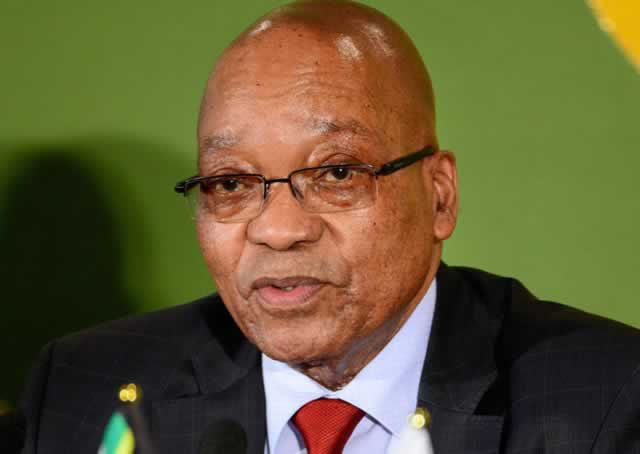Education: Lack of access incubates revolutions

Dr Motsoko Pheko Correspondent
A nation that exports its raw materials unprocessed shall be a perpetual pauper. That country must aim for economic independence.
EDUCATION is the most powerful weapon, without which the youth of Africa cannot make any progress in life – and neither can their continent. And if Africa is to fight unemployment and its ills as well as successfully avoid dependence on foreign skills forever, the need to invest heavily in education for all is clear. Dependence compromises national independence and sovereignty. There can be no job creation without education and training for skills.
The students who led the popular uprisings at the close of last year against education standards and fees in South Africa must therefore be congratulated. They have brought to the surface a subject which, like the equitable distribution of land and resources, has not been treated with the seriousness it deserves by the powers that be.
No national development can occur without human development. Knowledge is power and liberates a people. In South Africa, where Africans were subjected to barbaric systems of education such as the “Bantu education” approach, it is vital that the country moves faster than ever, towards an education system tailored to and diversified to meet its varied needs.
The world is becoming a tough competitive global village. Those without knowledge and skills will always collect crumbs. To limit the acquisition of knowledge to the rich is national suicide and the incubation of a revolution. “Prevention is better than cure,” the wise have long advised.
It is critical that our youth is equipped with quality education and skills that enable them to serve in any sphere of life. The acquisition of knowledge determines the place of a nation in the world – at the top or at the bottom.
How will Africa advance in every field if it neglects the education of its youth? Africa has all kinds of riches but it is the poorest in the world because we are not taking the acquisition of knowledge seriously. We have uranium, but we have no nuclear technology, or for example alternative sources of energy in this electricity crisis, etc. Others are technologically advanced today in the “global village” because they buy Africa’s raw materials, process them and sell them back to Africa at 2 000 percent profit.
Is it any wonder Africans on this continent continue to wallow in the quagmire of abject poverty and backwardness educationally? A nation that exports its raw materials unprocessed shall be a perpetual pauper. That country must aim for economic independence. That will not happen if Africa’s children are not provided with knowledge that could help develop their country.
The new South Africa is supposedly a “unitary state”. But it has the features of a federation and federations are expensive to run.
Let me repeat what I said in South Africa’s parliament on January 27 2009. This was in response to the President Jacob Zuma’s State of the Nation Address.
“Mr President, education must be free for the poor. The few schools that have been declared, ‘No Fee Schools’ are not the same thing as free education. It is technological-economic power that determines the places of nations in the world . . .
“The billions of rands spent on nine provincial parliaments must be invested in an education that skills . . . Our ancestors had no university degrees, but they wisely identified land as the most fundamental national asset for their nationhood and [the] primary source of their wealth and development.
“Poverty in this nation will not go away for the African majority until we do the right thing. Identify land as the basic asset of the nation . . . Section 25(7) of the Constitution must be amended.”
The university students are now adding their voice to the unresolved land question and inequitable distribution of national resources. They will not be convinced that free education is impossible when they see corruption and self-enrichment of many leaders within the black-majority ruling party.
The truth remains. Free education is the road students from poor homes travel towards self-reliance.
Dr Motsoko Pheko is a former member of the South African Parliament. This article is reproduced from New African magazine.








Comments